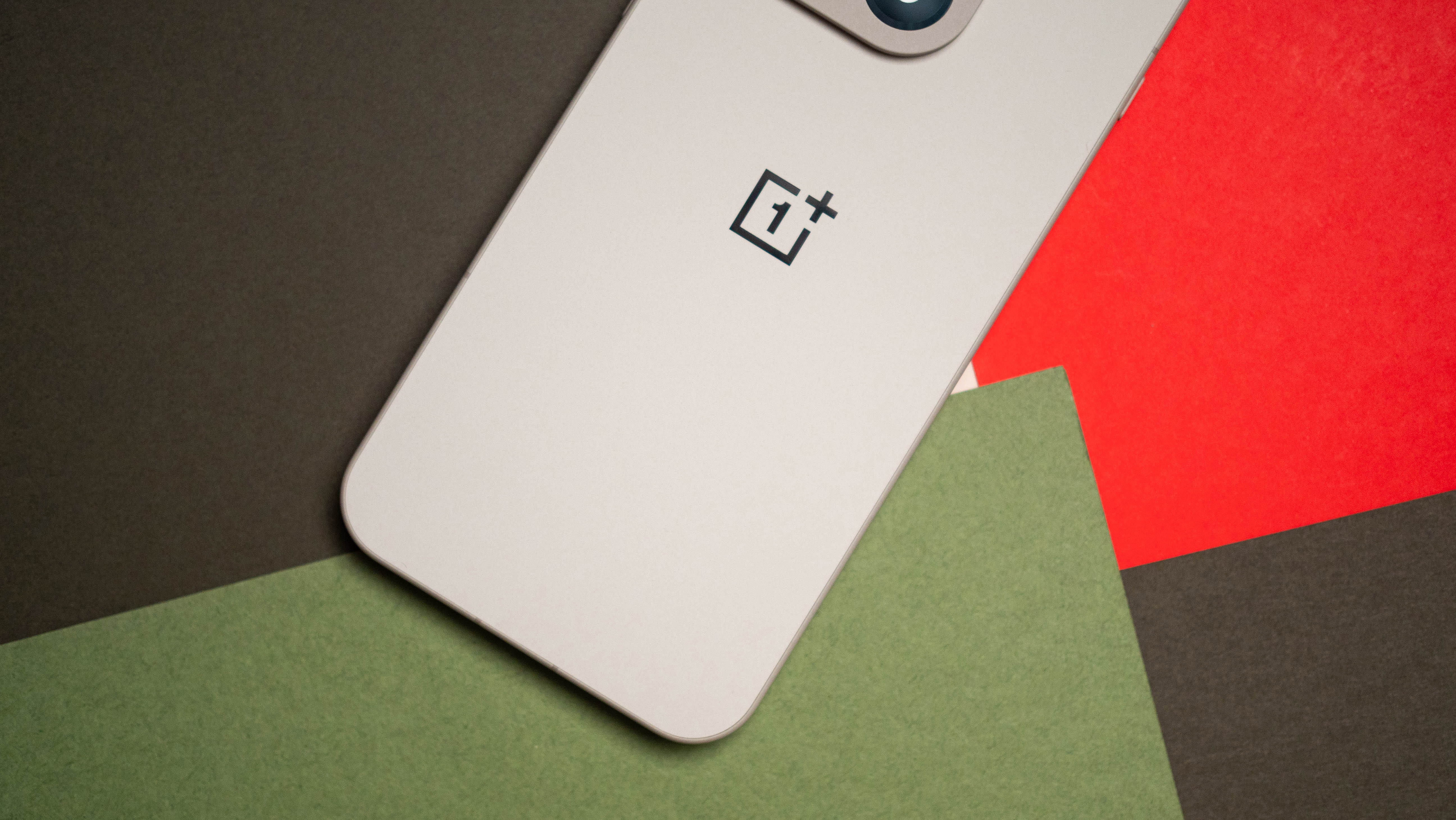Samsung makes excellent phones, but there's one reason why I won't buy them
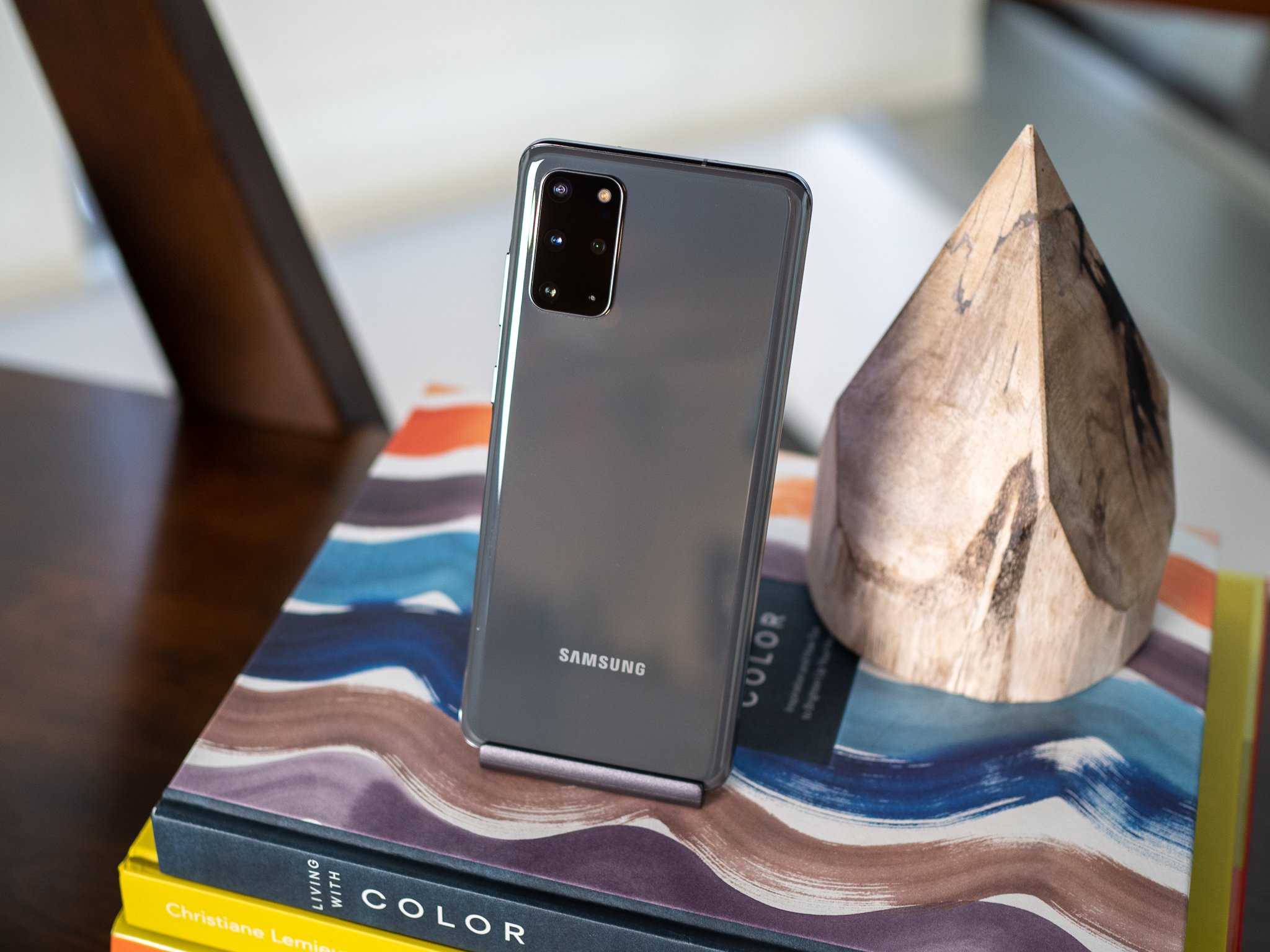
Every year, there are certain Android phones you can rely on for different things time and time again. Google Pixel devices consistently have great cameras, OnePlus phones deliver top-of-the-line specs at competitive prices, and LG handsets are some of the last ones with headphone jacks.
Out of every company in the Android landscape, one that stands out for its unwavering consistency is Samsung. The company's Galaxy S and Note flagships are always some of the most well-built, eye-catching, and powerful on the market. Not only does this mean we regularly give Samsung phones high marks in our reviews, but it also makes them incredibly easy to recommend to just about anyone. That shows in Samsung's numbers, with the company being cemented as the world's largest phone manufacturer for almost a decade.
There's no denying the quality of Samsung's high-end Android phones or the success it's seen because of them, but despite all that, they're never devices I'm genuinely interested in spending my own money on.
If you caught my editorial last week, you probably know where this is going. I recently talked about the importance of software on smartphones and why it's something we should be analyzing just as much as we do for a handset's processor, display, or camera. In that editorial, I mentioned that One UI is the main reason why I tend to ignore Samsung phones. Today, I want to expand on that a little more and offer some additional insight as to why that is.
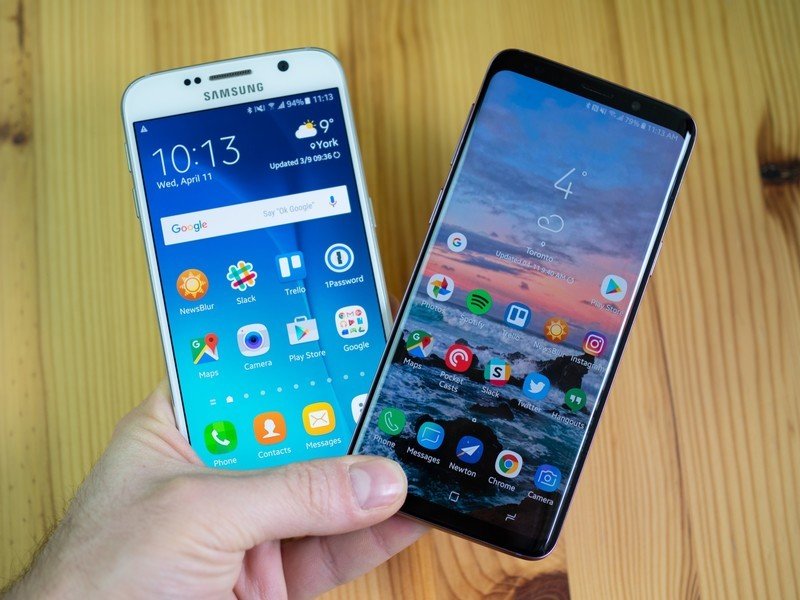
I've used Samsung phones through all three of the major iterations the company's custom software has gone through. My first Android phone was a Galaxy S Fascinate during the hay day of TouchWiz, I rocked a Galaxy S8 and S9 powered by the Samsung Experience, and the S10 and Note 10 were the devices through which I first got familiar with One UI.
One UI is a massive improvement over TouchWiz, but that wasn't a high bar to surpass in the first place.
To give credit where credit is due, Samsung's software has gotten better with every new release. One UI is a night and day difference compared to the days of TouchWiz, largely thanks to its cleaner design and less cartoony icons and sound effects. However, there's still something about it that feels very Samsung-y.
Maybe it's because I'm so used to what Android looks/feels like on a Pixel, Motorola, or OnePlus phone, but so many elements of One UI feel like they're changing things just for the sake of being different — not necessarily better. For example, why change the app drawer to scroll horizontally instead of vertically? You swipe up or down to access the app drawer, so then shifting to a horizontal swipe to move through your installed apps feels off. It also means you can't swipe down anywhere on the home screen to access your notification panel, which is arguably one of Android's best gestures. Oh wait, except you can — after you go to Settings -> Display -> Home screen -> Swipe down for notification panel. Yes, this is so much better.
Get the latest news from Android Central, your trusted companion in the world of Android
There's also the whole One UI design language, which while better than previous Samsung interfaces, feels completely different from pretty much everything else on your phone. Samsung crafted a very distinct and unique look for its apps, meaning you're constantly juggling between the way Samsung apps look/feel, Google apps, and other ones you have installed. This is something a lot of people probably don't pick up on or even care about, but it's something I notice every single time I use a Samsung phone.
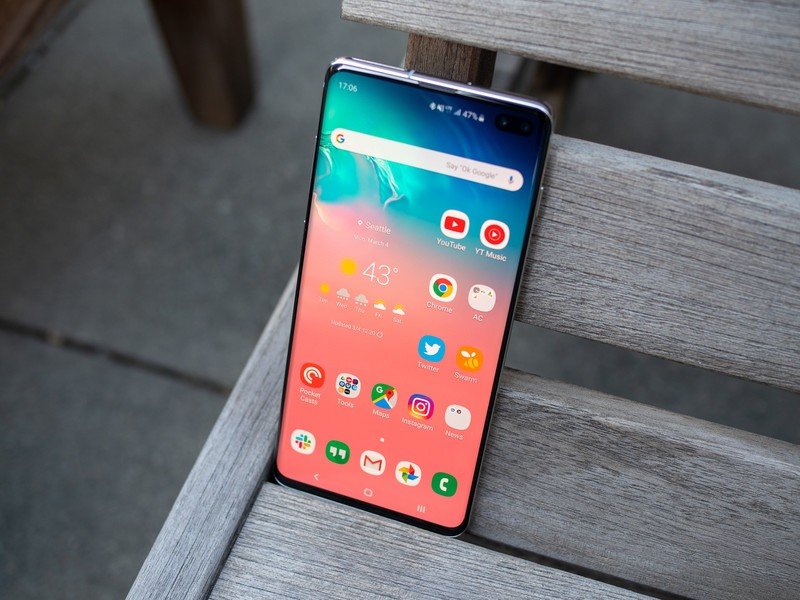
Working hand-in-hand with the stark design difference is the laundry list of features Samsung loads onto its phones. There are a lot of people that love Samsung handsets because of this very reason, arguing that they get a lot of value out of how much utility these features bring. If that's you, more power to ya. Personally, I think it clutters up the entire experience and makes using a Galaxy phone a bit headache-inducing. Here are just a few examples:
- You can add an Android Nougat-era app drawer icon for opening the app drawer on your home screen.
- Edge panels allow you to store apps, contact shortcuts, and widgets by swiping over from the edge of your screen.
- There's a theme store for changing the look of your phone, but many of them cost money.
- Swipe your palm over the screen to take a screenshot, which is somehow easier than holding the volume and power buttons.
What am I really gaining from having two app stores on my phone?
And that's not to mention all of the duplicate apps and services Samsung still insists on offering. Not only does Samsung have its own clock, contacts, keyboard, email, and gallery apps separate from what Google already offers, but we also have to deal with things like the Galaxy Store — making you juggle between two separate application storefronts on your device. So simple, right?
Yes, you can ignore or disable many of these things and customize a Galaxy S20 or Note 10 to look like a Pixel or Android One device, but that requires a lot of extra work to make a phone work the way I want it to. Instead of fighting with the way my phone was designed, I'd rather go with something a bit simpler that's fine-tuned just how I like it right out of the gate. A good example is how OnePlus handles OxygenOS, which offers a few excellent additional features on top of stock Android while still showing a great deal of restraint. It's a setup that works incredibly well, and it's one I think Samsung should strive for.
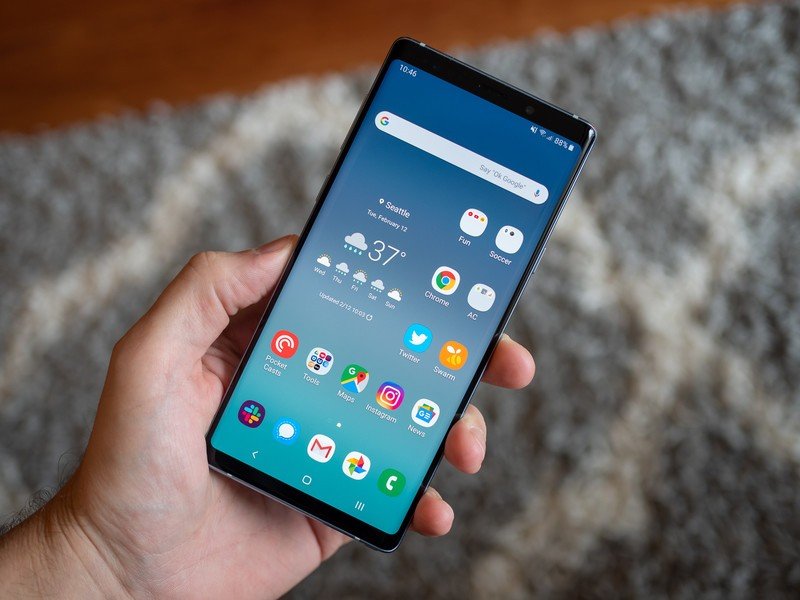
As I noted in my previous editorial, software is a highly subjective thing. I suspect a lot of you feel the same way I do about the way Samsung's software, whereas another group of people will think I'm off my rocker.
There's no right or wrong answer to this debate — just personal opinions from experience. As someone that places a great deal of value in simplicity, Samsung handsets don't vibe with me. I'd kill for a Google Play Edition of the Galaxy S20, but I know that day will never come. As such, I'll keep sticking with Pixel and OnePlus phones and keep an eager eye out for what Two UI, One UI Wiz, or whatever the next big evolution of Sammy software brings to the table.
Why software is infinitely more important than any other phone spec
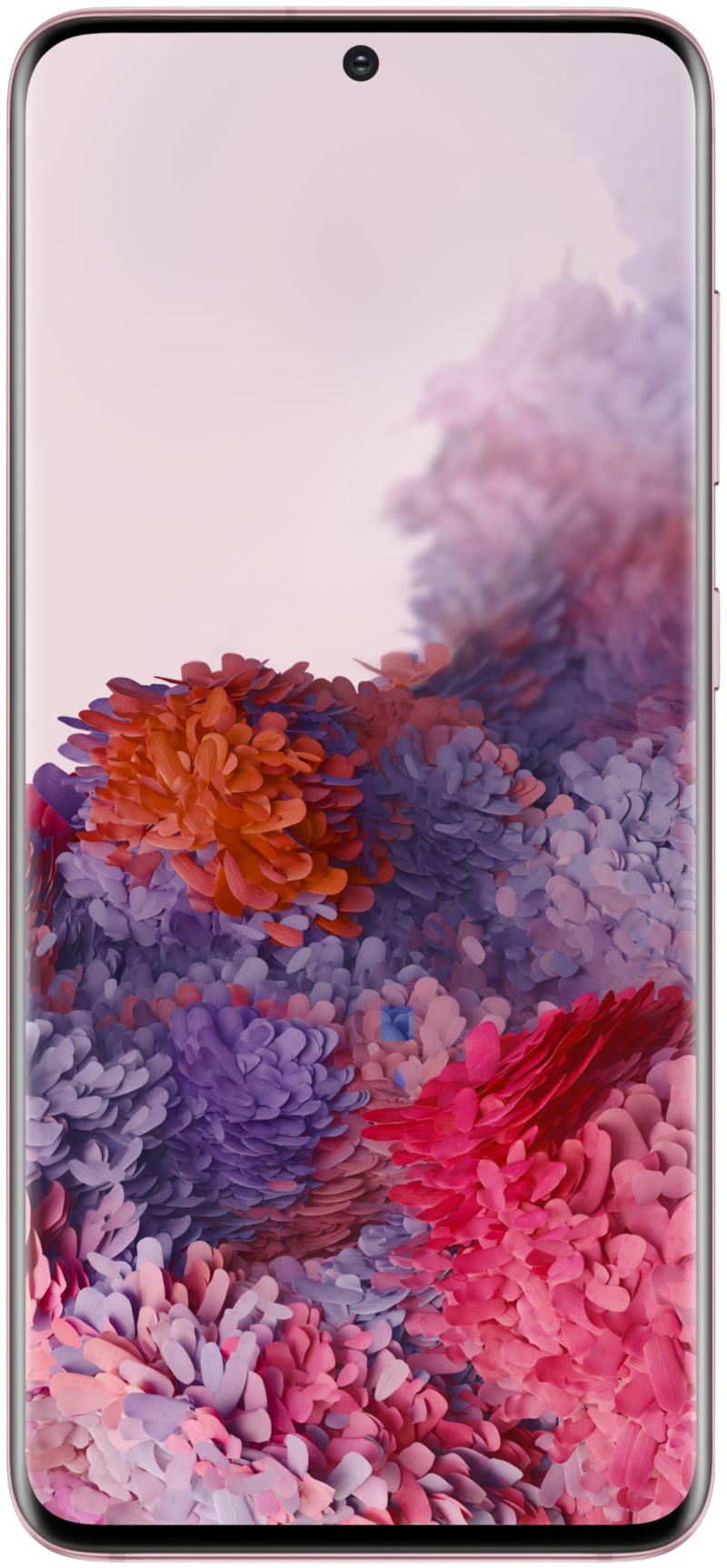
Some of the best hardware on the market
Although I'm not a fan of its software experience, there's no denying how good everything else about the Galaxy S20 is. The 120Hz AMOLED display is outstanding, the three rear cameras capture gorgeous photos, and battery life is surprisingly long-lasting.

Joe Maring was a Senior Editor for Android Central between 2017 and 2021. You can reach him on Twitter at @JoeMaring1.
